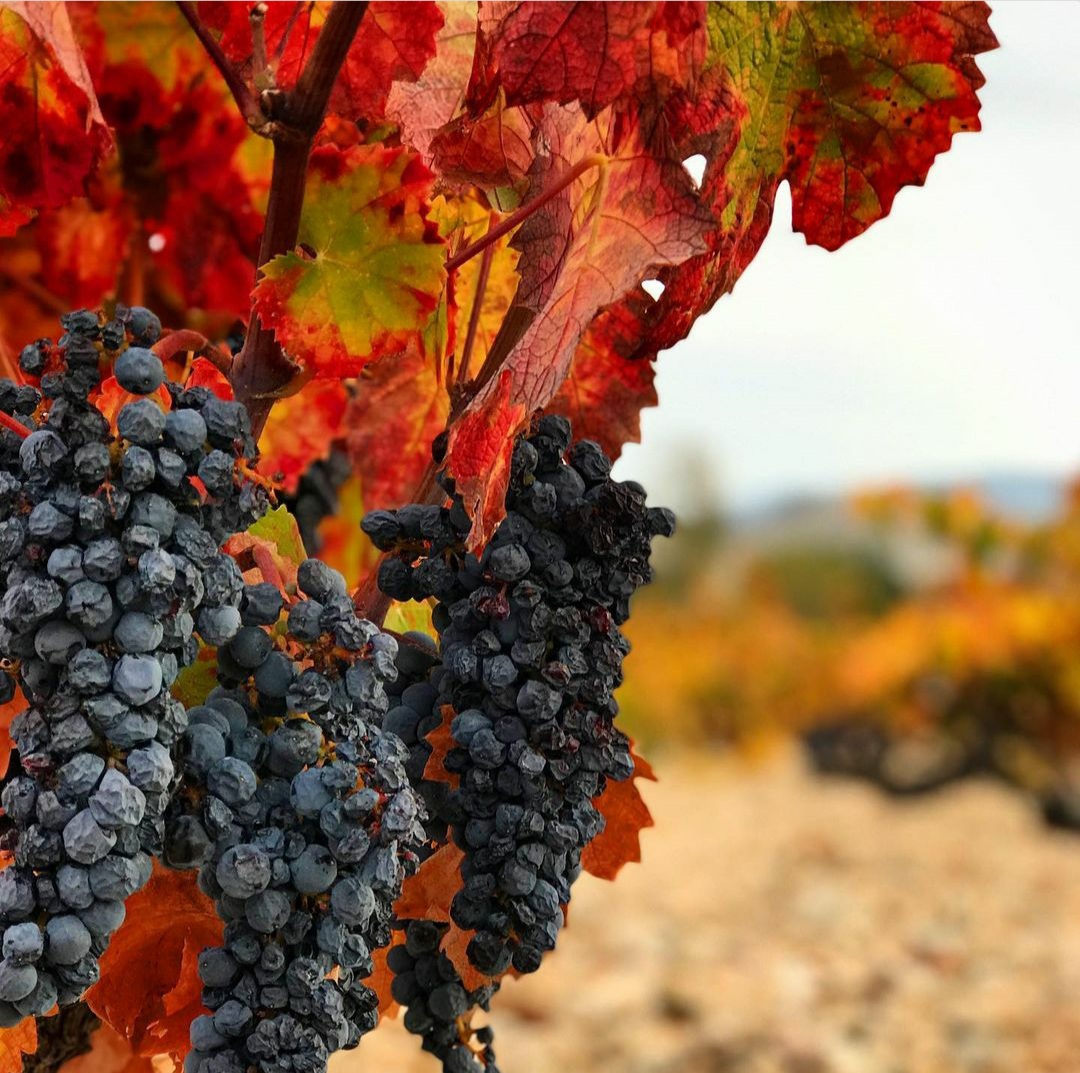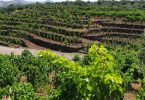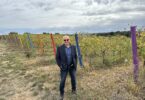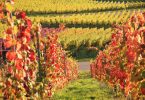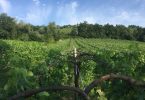The Wolf Post, supported by a Cultural Association, offers a professional service with free access, without subscription.
For this reason, a donation would also be a sign of appreciation for our work.
Spain, a land of still little-known winemaking excellence, such as the Fondillón de Alicante.
A truly unique wine in the world for its history and its elaboration, which has remained unchanged for more than five centuries.
One of the most appreciated Iberian pride was born in Alicante, south of Valencia, an ideal geographical area for the preparation of Fondillón which takes its name from the Latin “fondus” or “fondo”, the sediments that form on the bottom of the barrels, essential for the its maturation. The wine is extracted in a controlled percentage from a barrel, and is mixed with older ones from other barrels. It can also be done vintage, that is, with the mixture of wines from the same vintage.
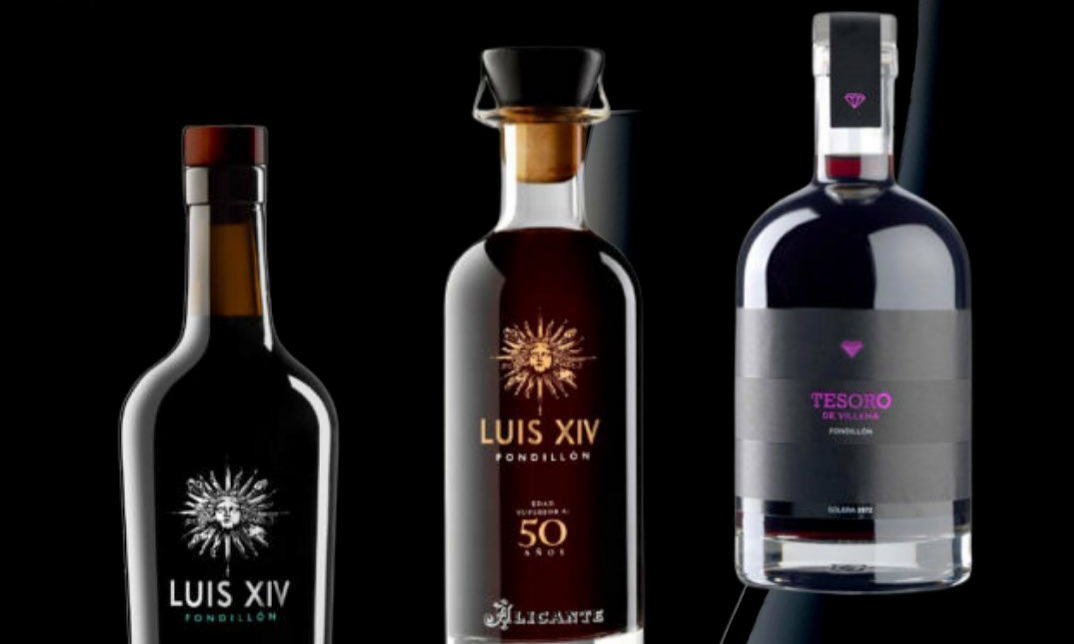
©Vinos Alicante DOP- Fondillón
Fondillón can only be produced in Alicante and the regulating body is the Protected Designation of Origin Vinos de Alicante, which regulates the conditions for the production of Fondillón:
– Alicante is the only production region.
– Monastrell grapes.
– Minimum ten years of aging in old Alicante oak barrels (S XIX – XX) from 750 to 1500 liters approx.
– Minimum 16 degrees of natural alcohol, never added.
The Monastrell grape finds fertile ground in the few dry winters with low rainfall and in the hot Alicante summers where the vine can lengthen its ripening cycle, thus reaching a high concentration of sugars which, after fermentation, will turn into wines.
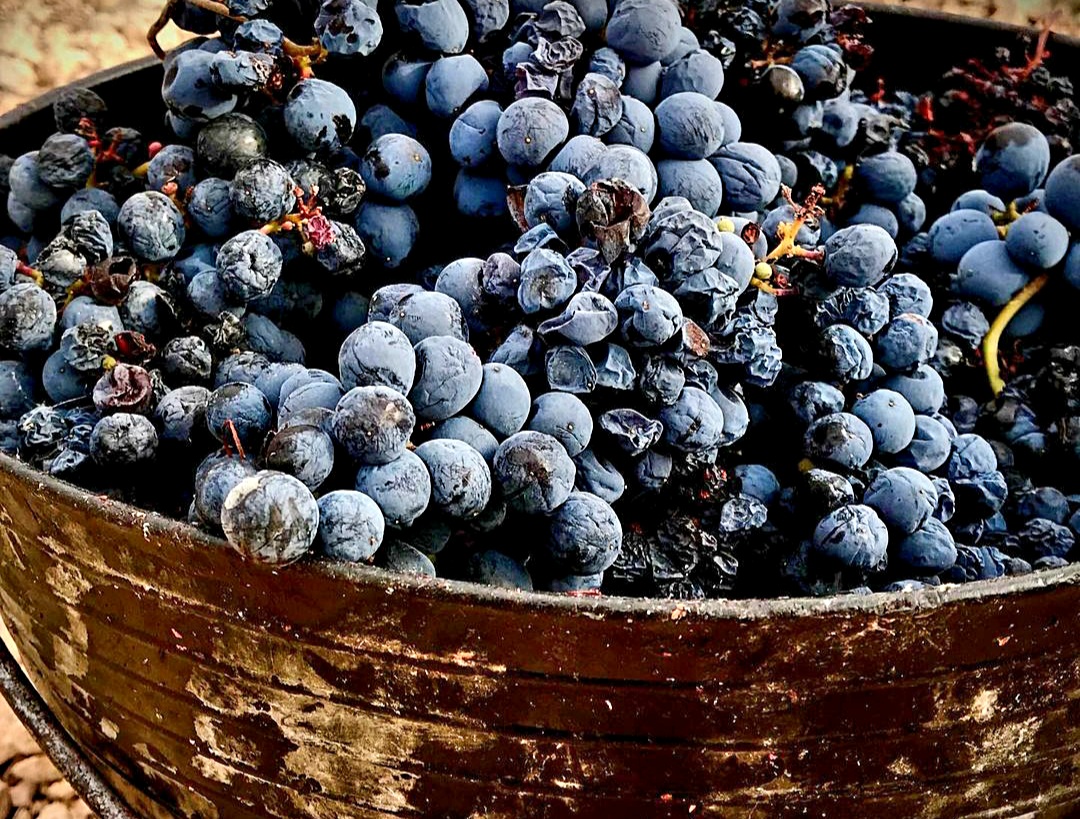
©Vinos Alicante DOP- Fondillón
Ideal climate but also favorable soils, which have always been used for agricultural crops, especially vines. This was and is Alicante, a small paradise on the sea and it is precisely its excellent strategic position that has always favored commercial exchanges, together with a wine whose high alcohol content made it suitable for transport by ship. In fact, unlike many other wines that lasted a few days in the holds of ships, Fondillón remained unchanged for months or years. The result was wines of great structure in great demand by high society during the 15th, 16th, 17th and 18th centuries.
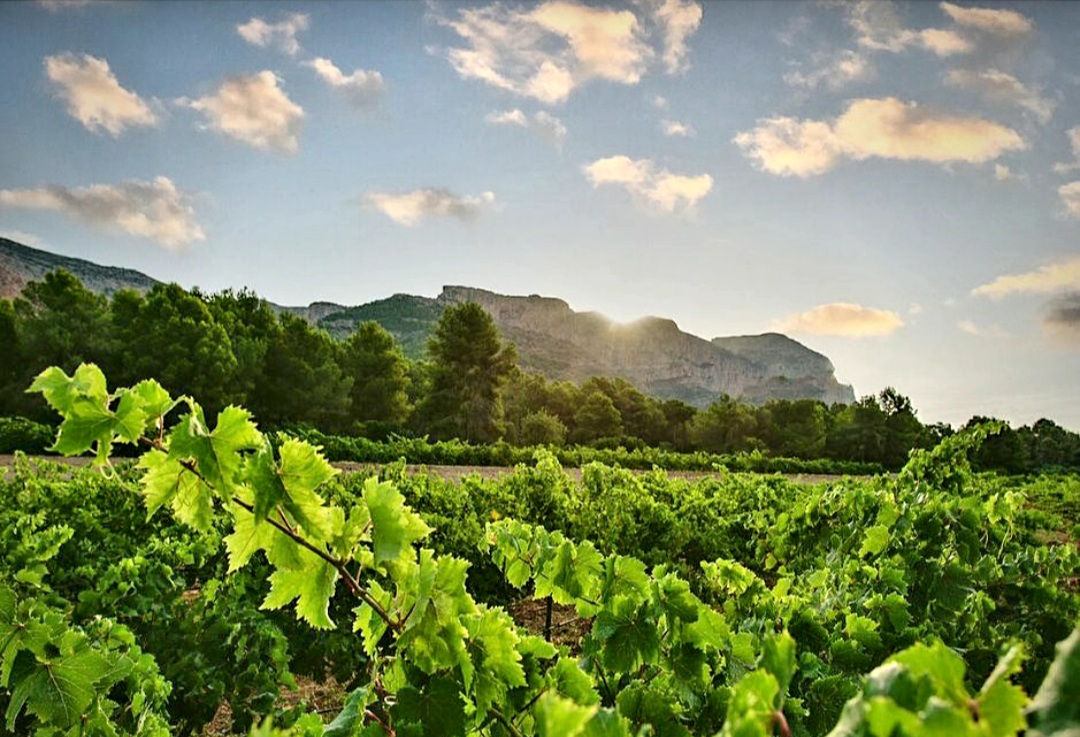
©Vinos Alicante DOP- Fondillón
For many centuries the economic wealth of Alicante has been based on this very special wine. Since it took years to produce and the cost was high, Fondillón has never been the wine of the people but of the Kings, always present in the table of the Count of Monte Cristo, in that of Isabel de Farnesio (wife of Felipe V), d Alejandro Dumas, William Shakespeare, Daniel Defoe, Salgari, of the English royal house. For this, it is also known as the Vino de Reyes.
The aristocrats of the time consumed it as a dessert wine, in long conversations after meals.
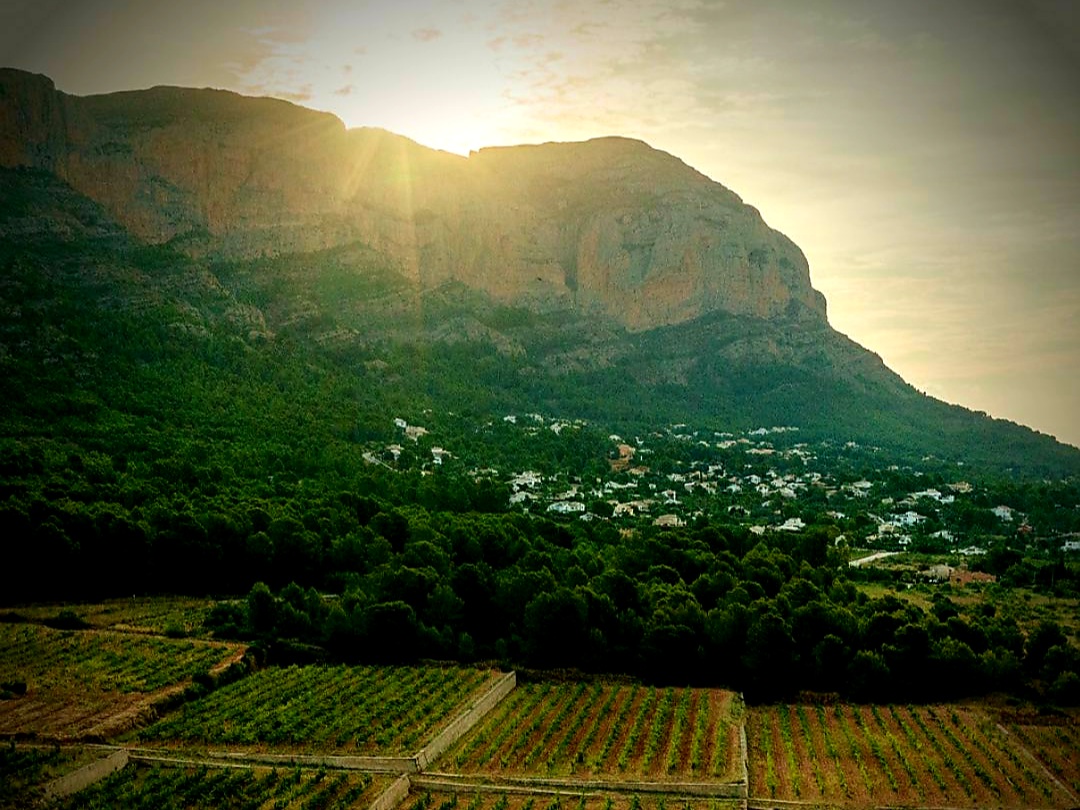
©Vinos Alicante DOP- Fondillón
A wine steeped in history that makes it special, above all because, during the Spanish Civil War it risked disappearing. At that time, in fact, important wineries had lost almost all their barrels, due to looting.
The harvest of 1948 was good and the cellars were able to restart production, putting Fondillón on the market again in the 1970s.
A good Fondillón takes time and a lot of patience.
Over the years, oxygen filters through the small pores of the wood, transforming the color and nuances of the wine.
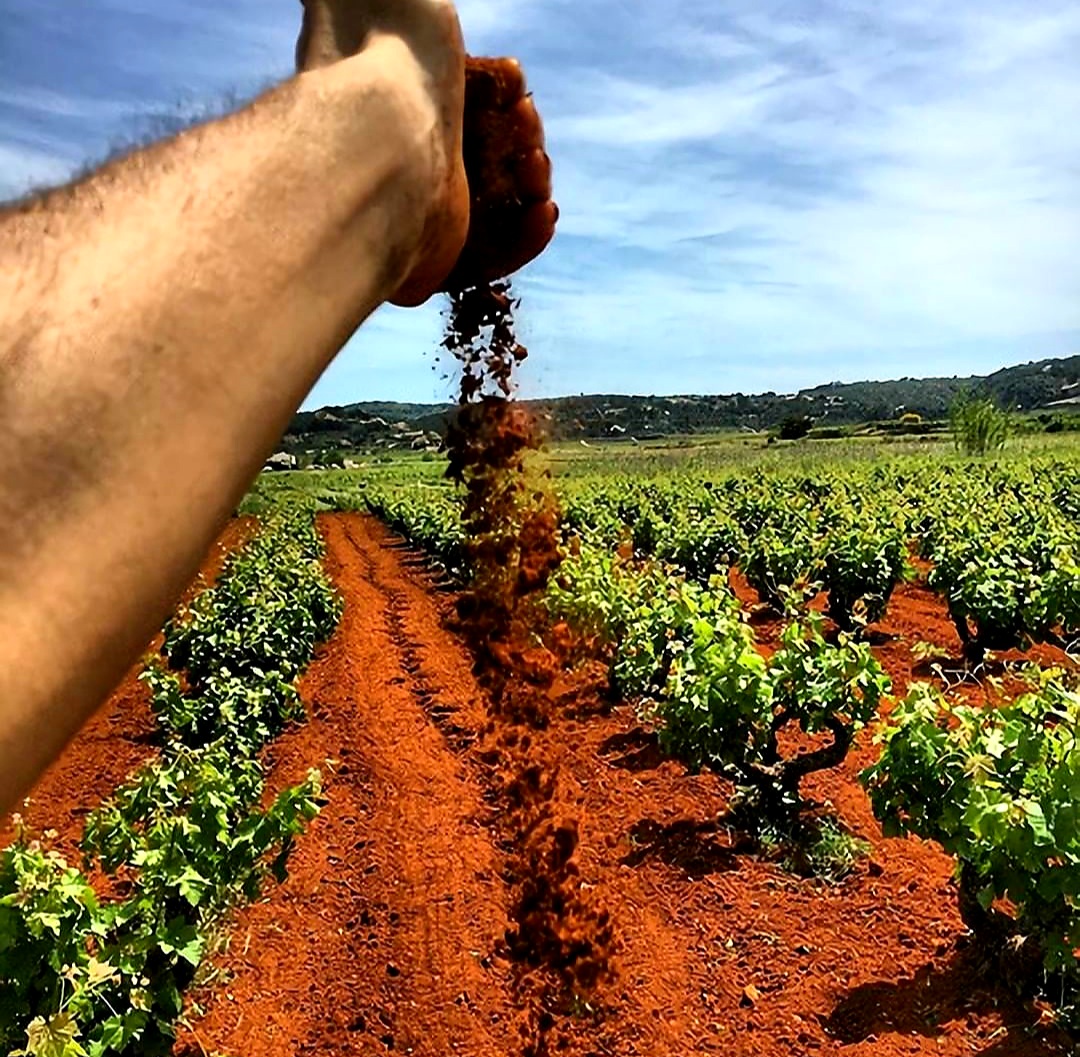
© Ruta del vino de Alicante
The characteristic of this wine is that it is the only one in the world that can age without adding alcohol. To achieve its quality, in addition to a minimum of ten years, it must be aged in a barrel that contains that mother of the wine. Monastrell grapes must be harvested as late as possible, between November and December, in order to provide a lot of sugar to the grapes.
Once fermentation has started, the yeasts look for the sugar in the must and transform it into alcohol. During this transformation time, carbon dioxide is released, a very toxic substance, which is why it is essential to maintain all safety measures available in the cellar.
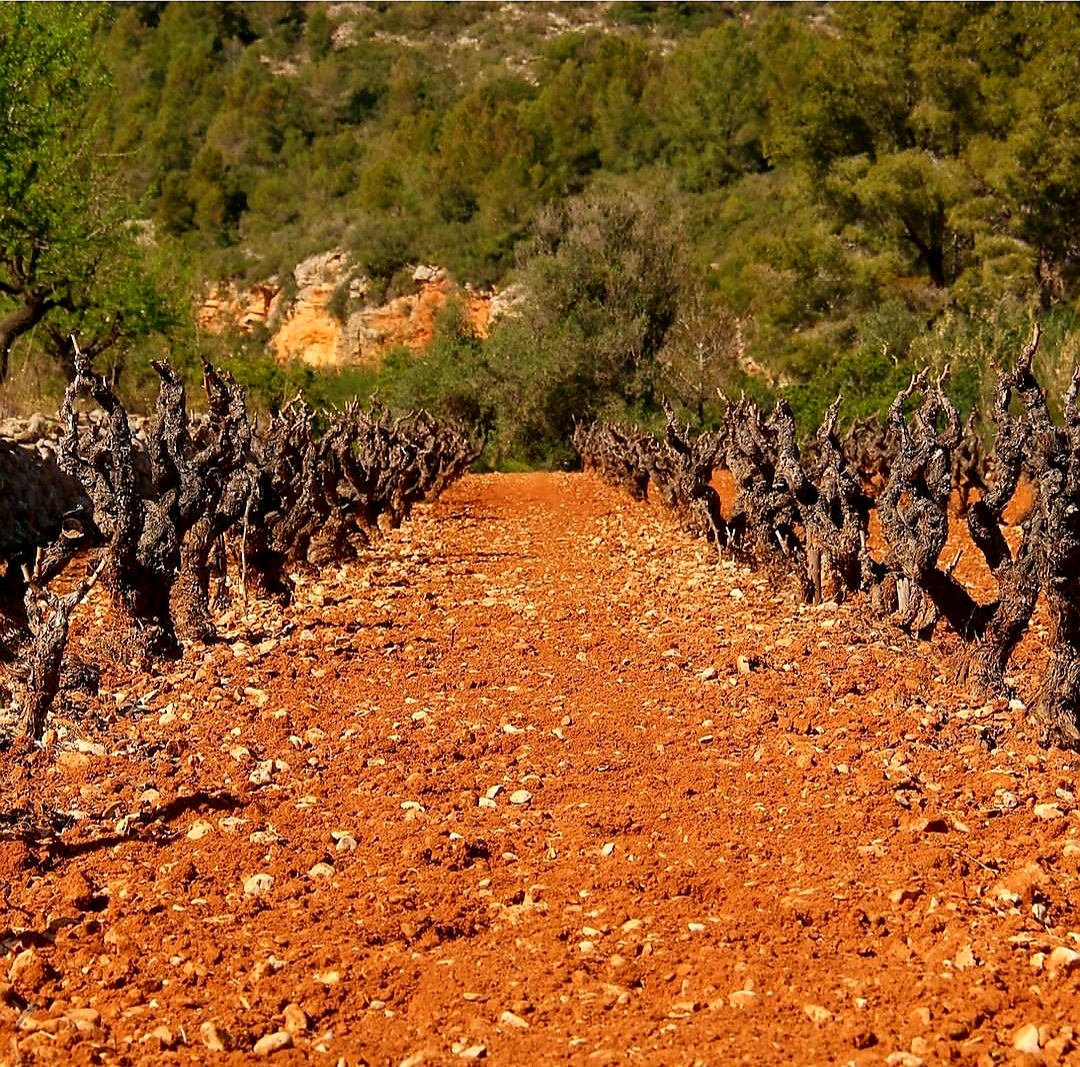
© Ruta del vino de Alicante
During fermentation, the carbon dioxide released by the fermentation itself tends to rise up to the top of the tank on the skin of the grapes, receiving the name of “hat” in oenology. The operation of sinking the hat and mixing it very well with the juice (because what is needed is to extract the color and all the positive parts that accumulate in the skin) is an operation that is repeated twice a day.
Alicante is one of the few areas in the world to have its own barrel called Tonel.
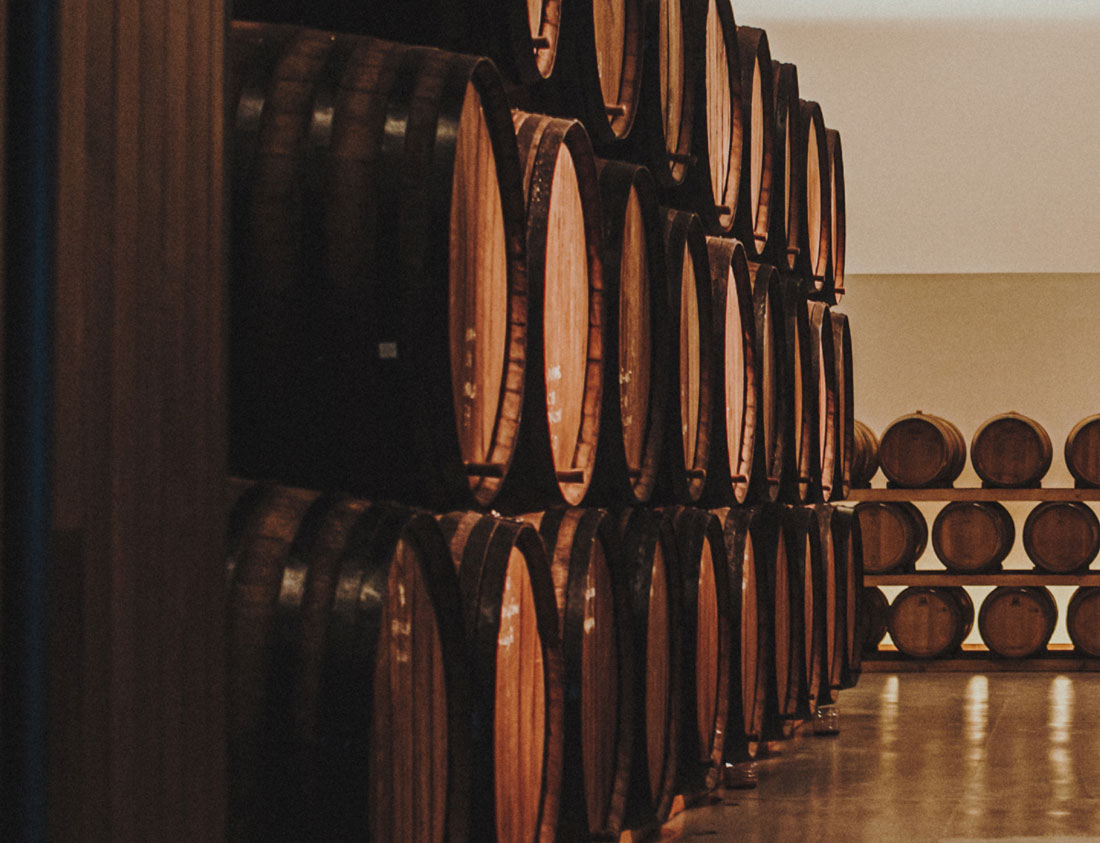
©Vinos Alicante DOP- Fondillón
The Alicante barrel has a capacity of 1732.5 liters, and it is such because it was built long before the arrival of the metric system.
Producing Fondillón wine is very complicated and expensive, which is why there are few wineries in Alicante that continue to produce it. Alicante’s Fondillón wine is reminiscent of the vintages of Porto, the sweet wine of Madeira or the Italian Marsala.


